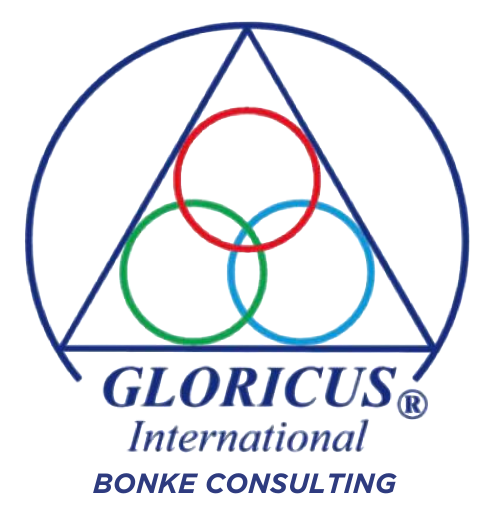Overview
Capital: Luxembourg
Official EU language(s): French, German
EU member country: since 1 January 1958
Currency: euro. Luxembourg adopted the euro on 1 January 1999.
Schengen: Luxembourg became a member of the Schengen area on 26 March 1995.
Figures: Geographical size – population – gross domestic product (GDP) per capita in PPS
Political system
Luxembourg operates as a parliamentary constitutional monarchy, known as the Grand Duchy, with a prime minister as the head of government and a Grand Duke as the head of state, holding primarily ceremonial powers. The government exercises executive authority. General elections occur every 5 years, electing 60 members to the single-chamber legislative body, the Chamber of Deputies. The country is subdivided into 4 electoral regions, 12 administrative cantons, and 105 communes, with 12 communes having city status. Luxembourg City, alongside Brussels and Strasbourg, serves as one of the three official seats of the European institutions. Luxembourg recognizes three official languages: French, German, and Luxembourgish, with the first two being official EU languages.
Trade and economy
In 2020, the key sectors of Luxembourg’s economy included financial and insurance activities (25.1%), wholesale and retail trade, transport, accommodation, and food services (14.9%), and public administration, defense, education, human health, and social work activities (17.5%).
Intra-EU trade constitutes 80% of Luxembourg’s exports, with significant partners being Germany (28%), France (16%), and Belgium (12%). Outside the EU, 3% of exports are directed to the United States and the United Kingdom.
Imports, on the other hand, primarily originate from EU Member States, accounting for 89%, with Belgium (34%), Germany (27%), and France (11%) being major contributors. Outside the EU, 3% of imports come from the United States and 2% from Japan.
Luxembourg in the EU
European Parliament
Luxembourg is represented by 6 members in the European Parliament.
Council of the EU
Luxembourg’s government representatives participate in Council meetings to adopt EU laws and coordinate policies.
Presidency of the Council of the EU
Luxembourg held the Presidency of the Council of the EU during various terms, including from January to June 1960, January to June 1963, and July to December 1985.
European Commission
Nicolas Schmit, nominated by Luxembourg, serves as the Commissioner responsible for Jobs and Social Rights in the European Commission.
European Economic & Social Committee
Luxembourg has 5 representatives on the European Economic and Social Committee, providing consultation on proposed laws affecting work and social situations.
European Committee of the Regions
Luxembourg has 5 representatives on the European Committee of the Regions, ensuring that regional perspectives are considered in proposed laws.
Permanent representation to the EU
Luxembourg communicates with EU institutions through its permanent representation in Brussels, ensuring effective pursuit of the country’s interests and policies within the EU.
Budgets and Funding
Luxembourg’s contributions to the EU budget are determined fairly based on its economic means, supporting various programs and projects across EU countries. The EU budget prioritizes the needs of Europeans as a whole.

